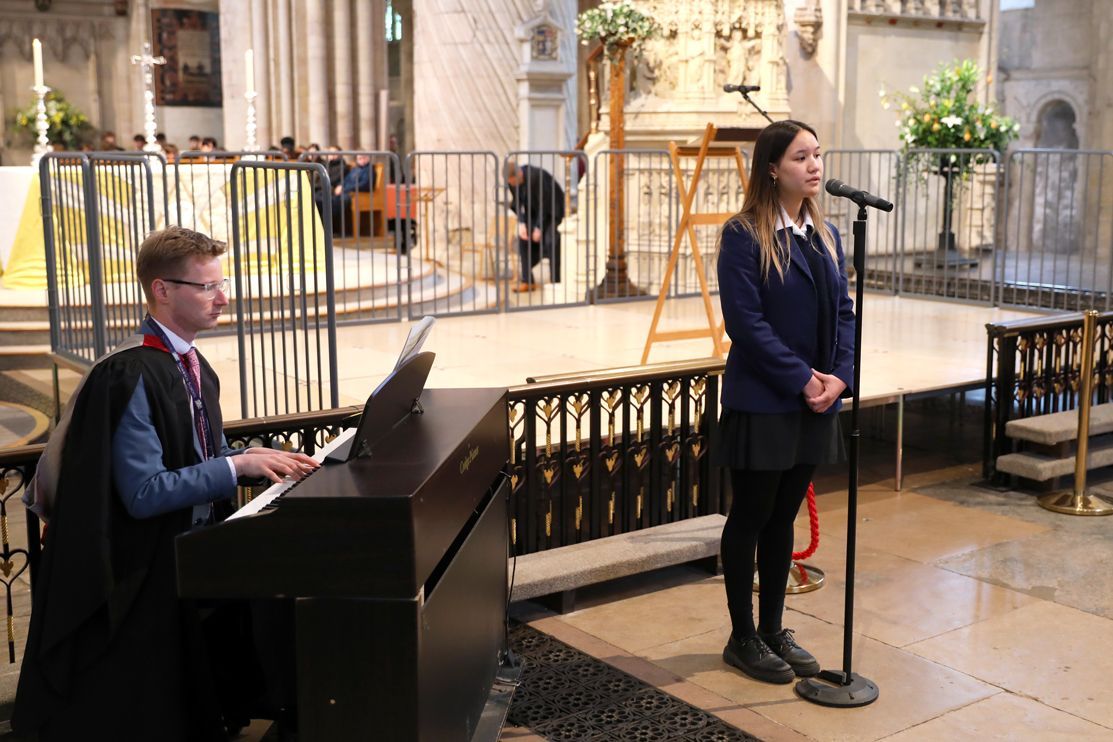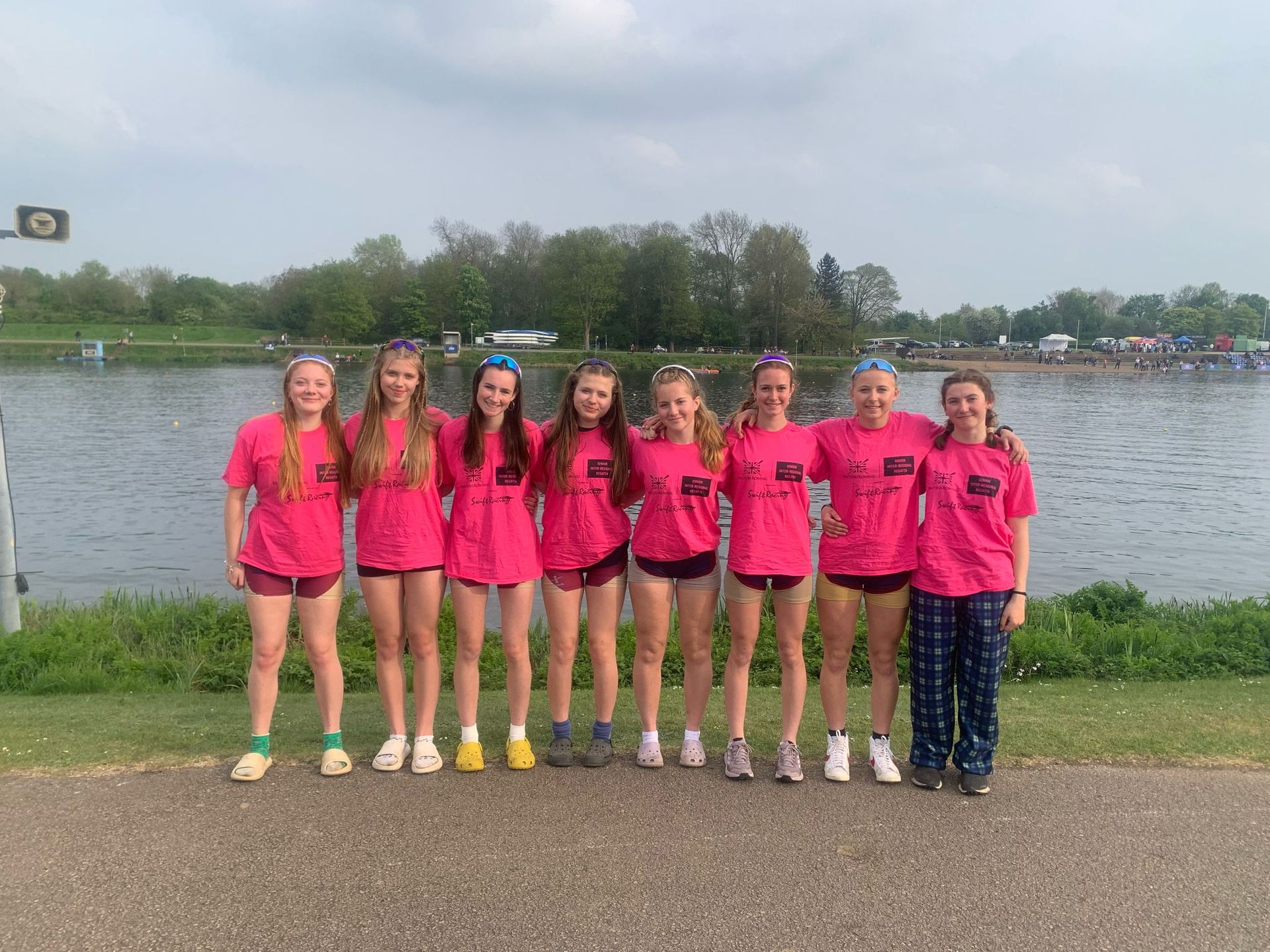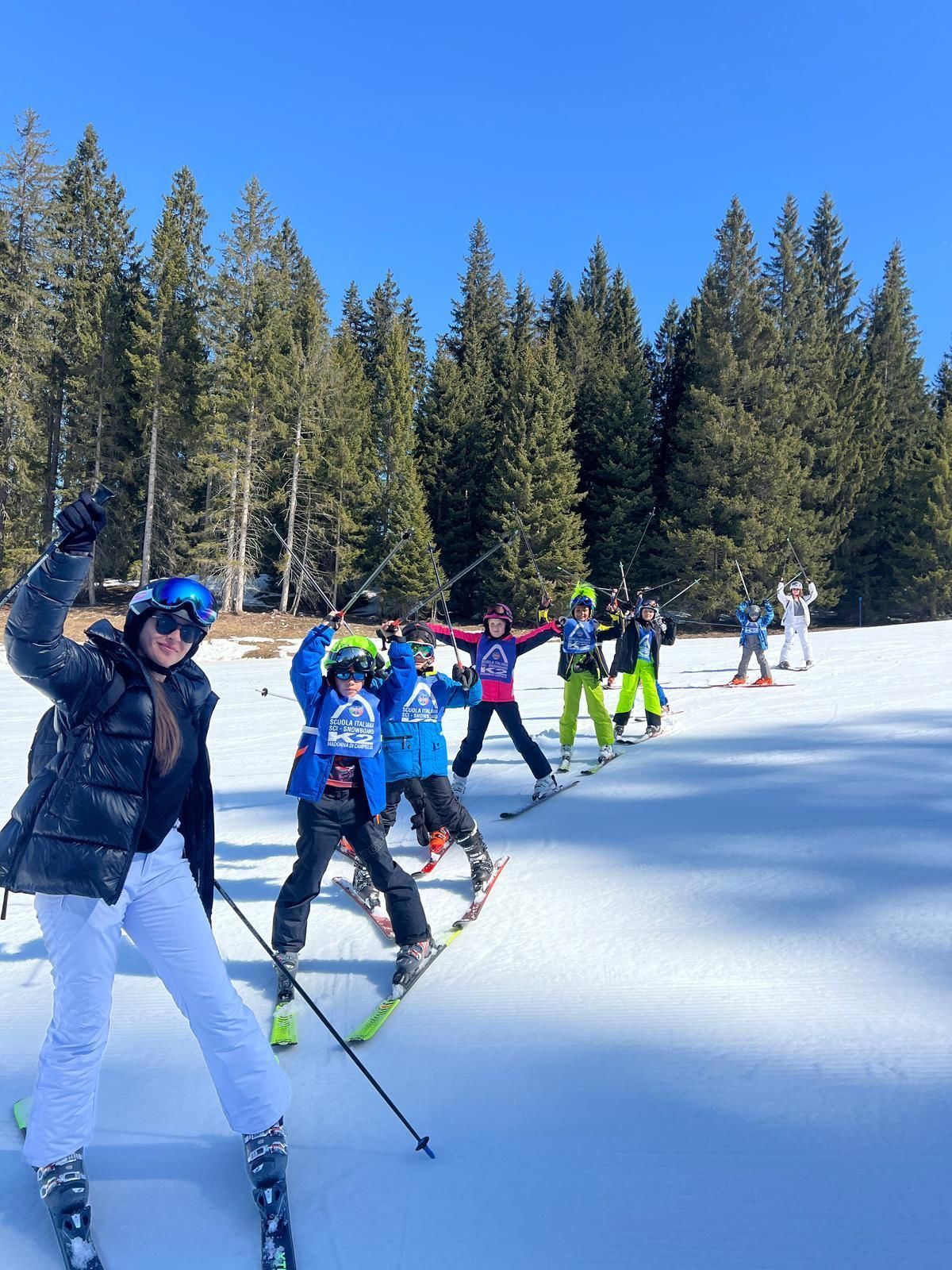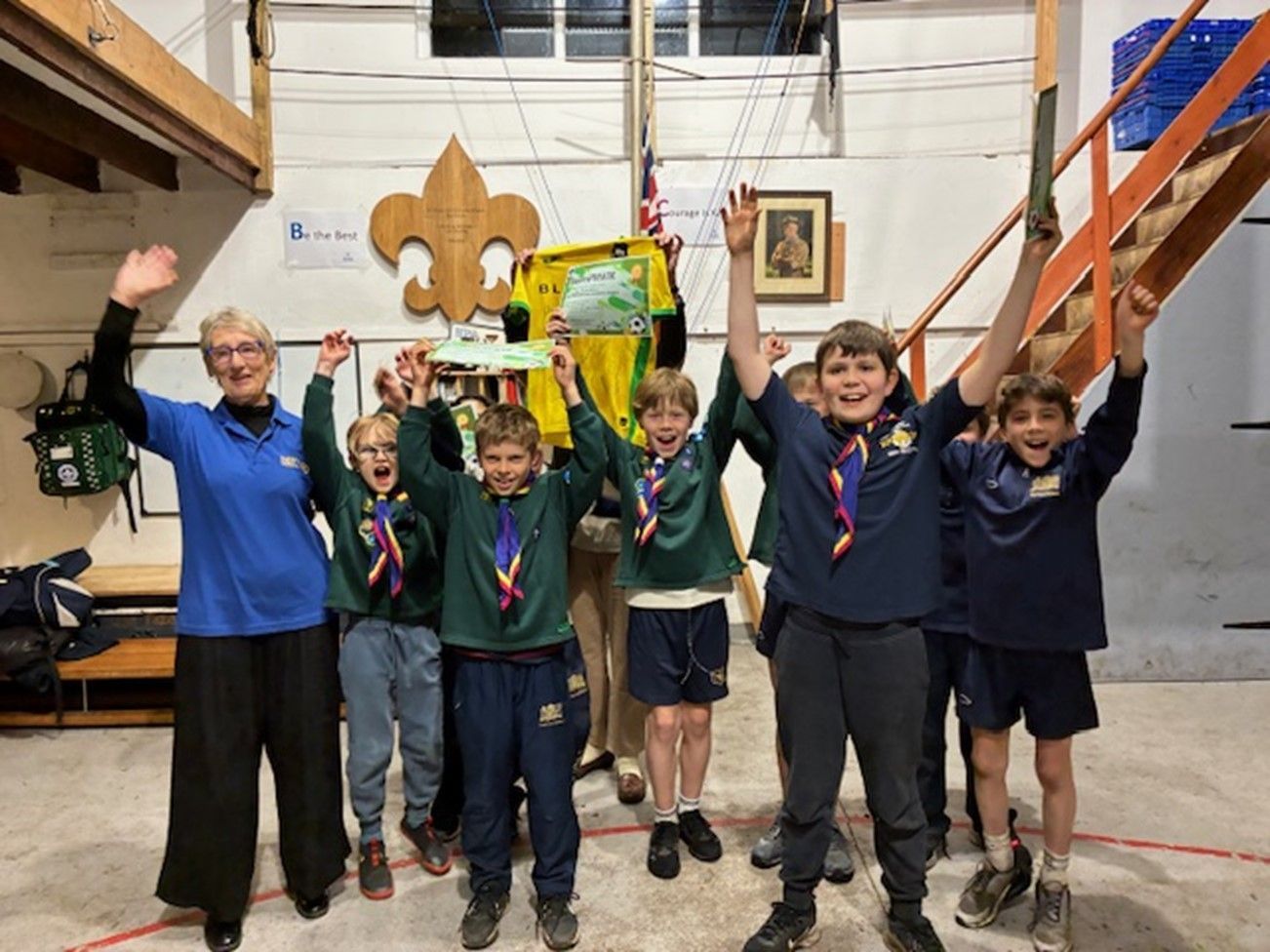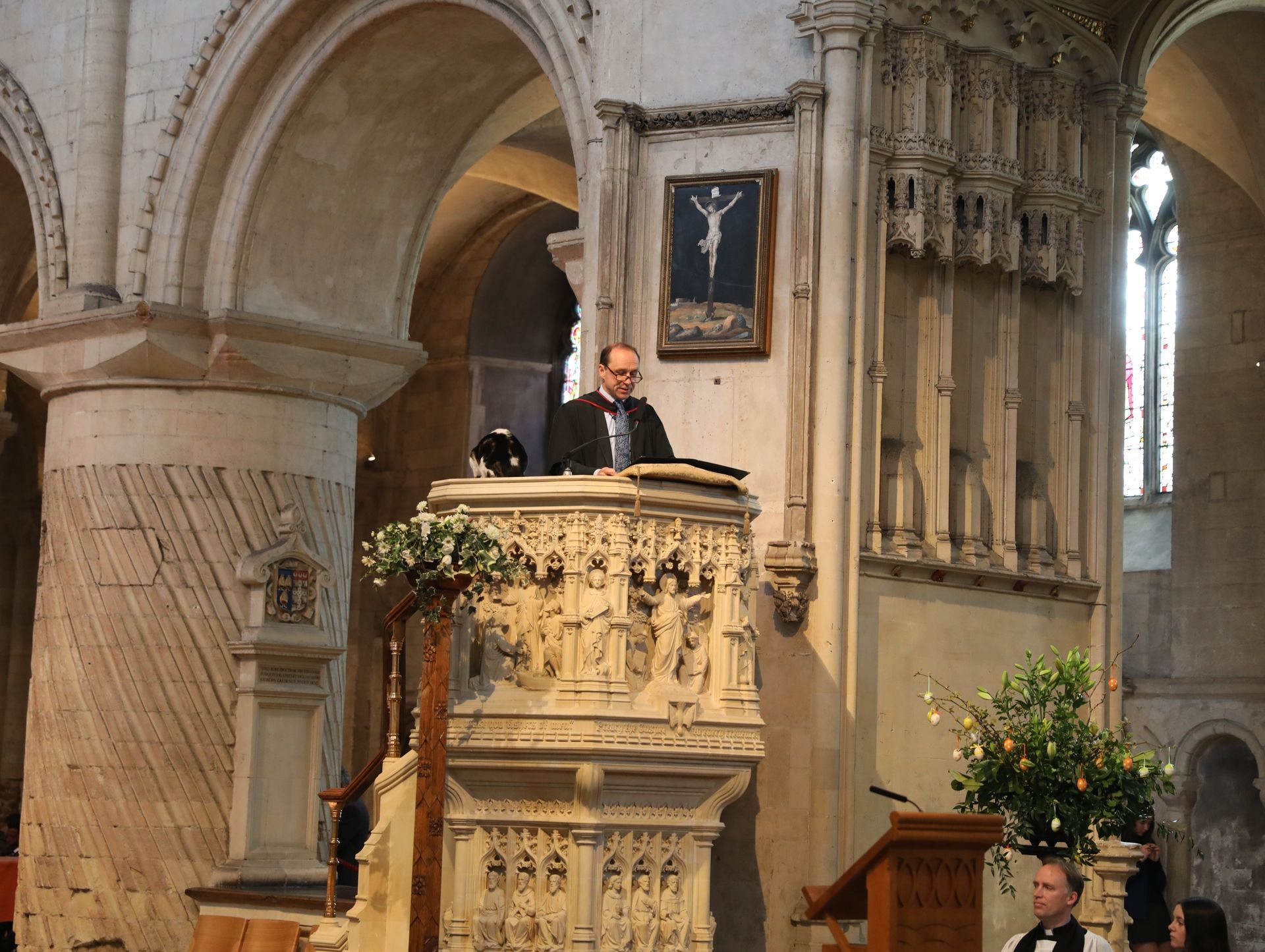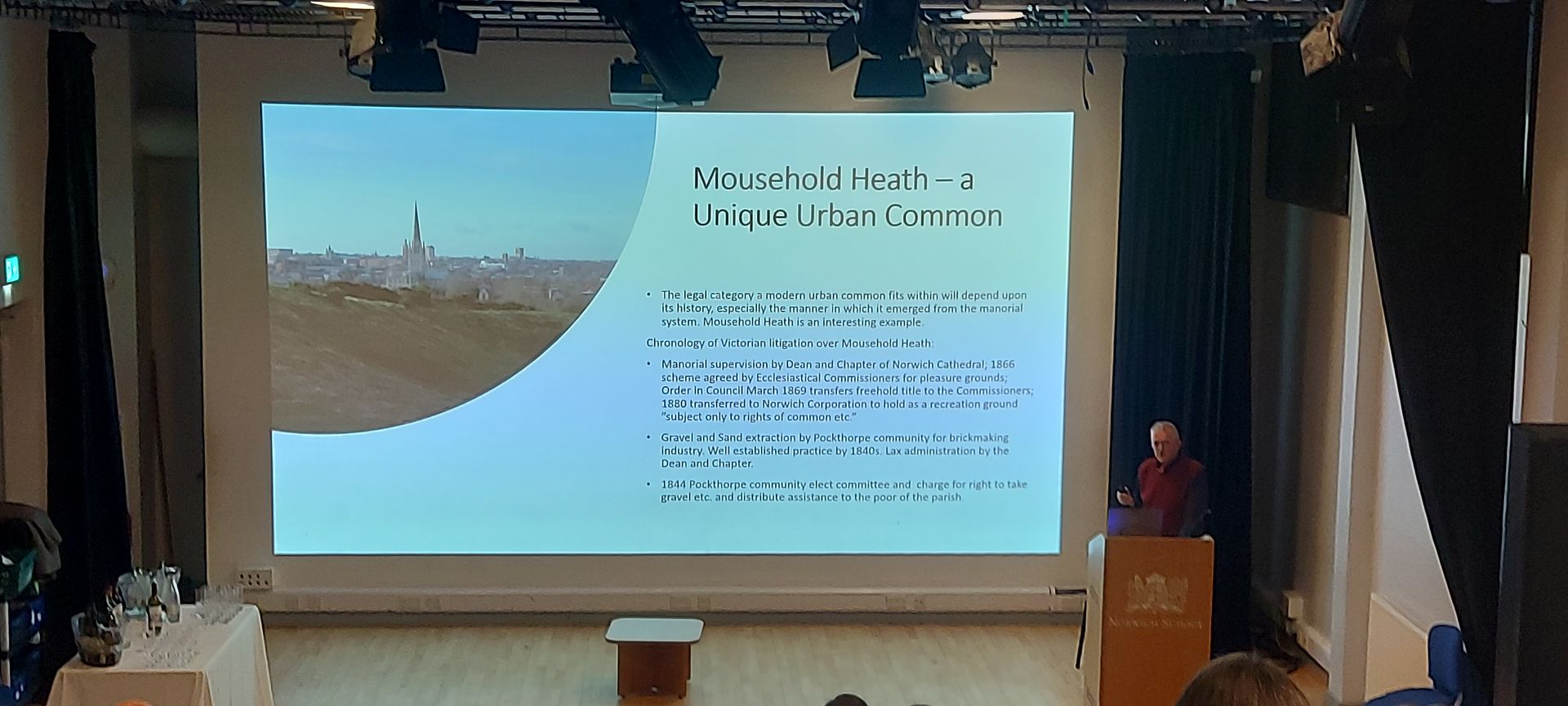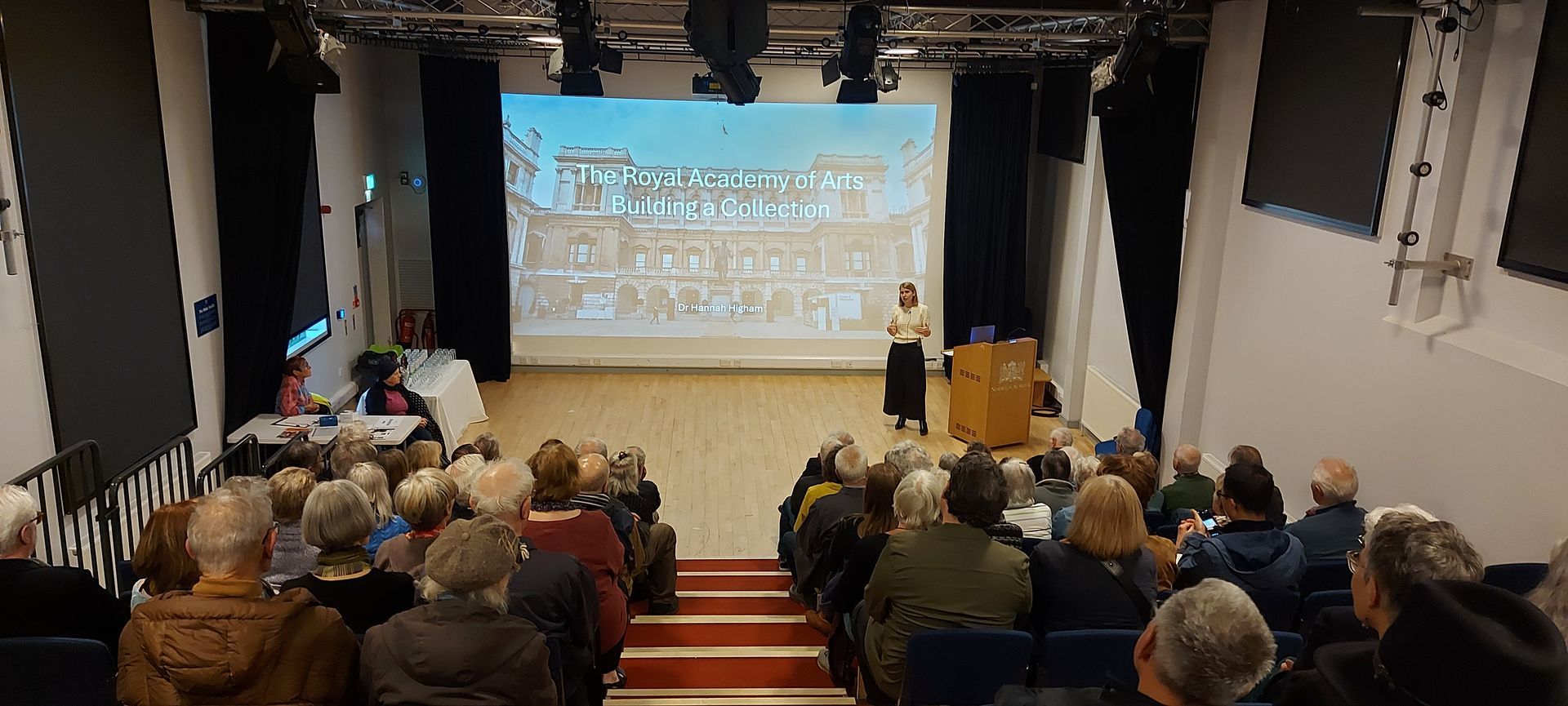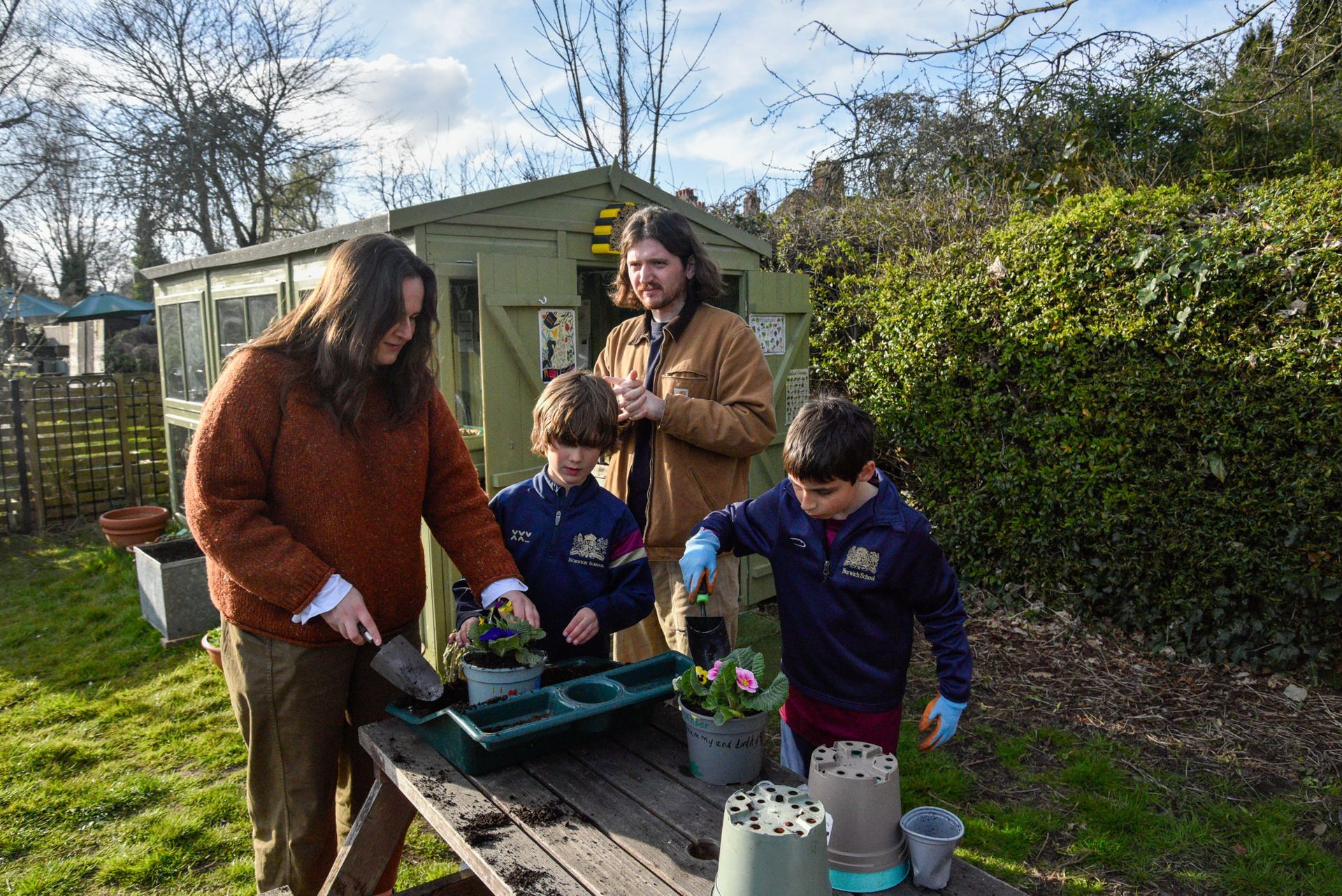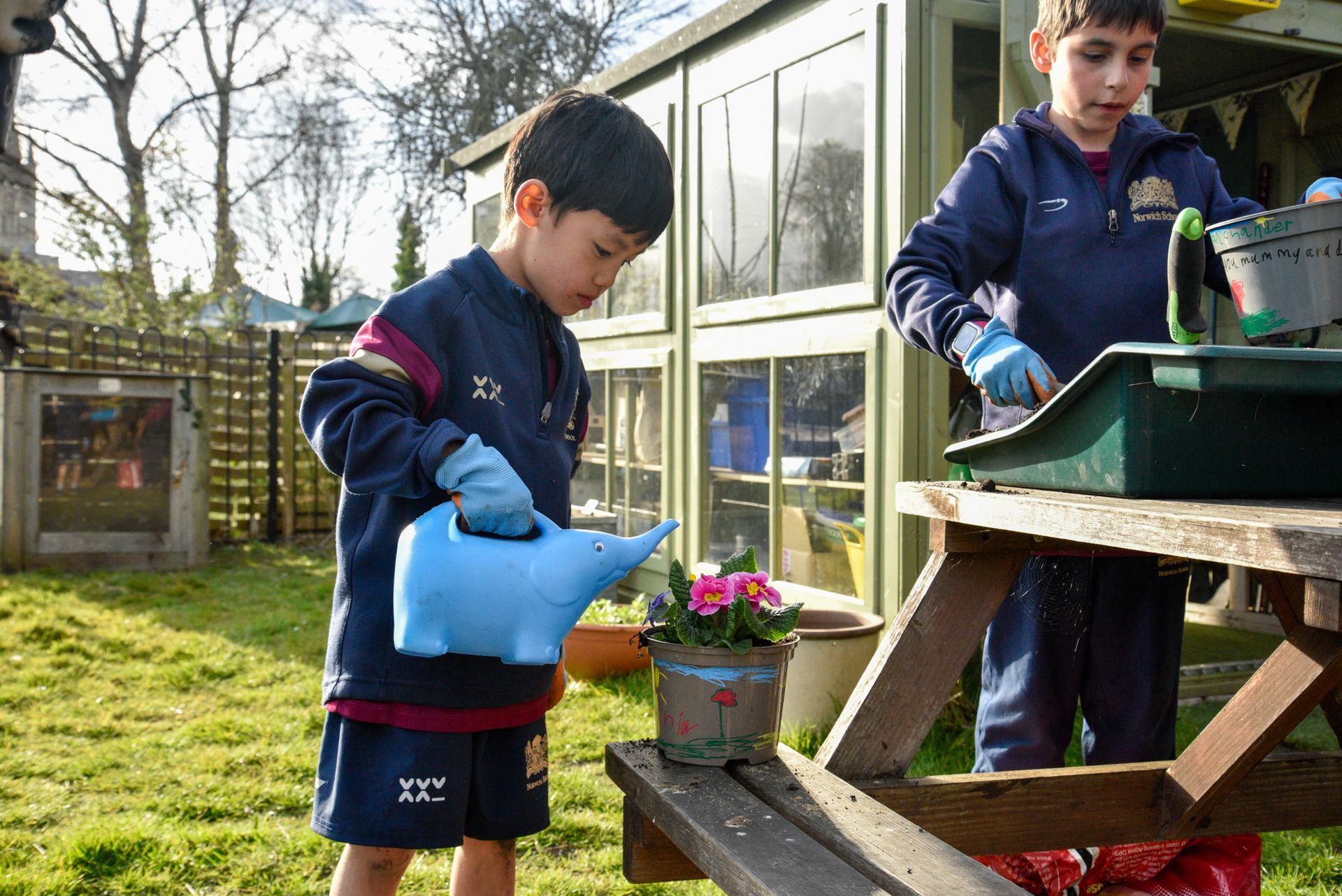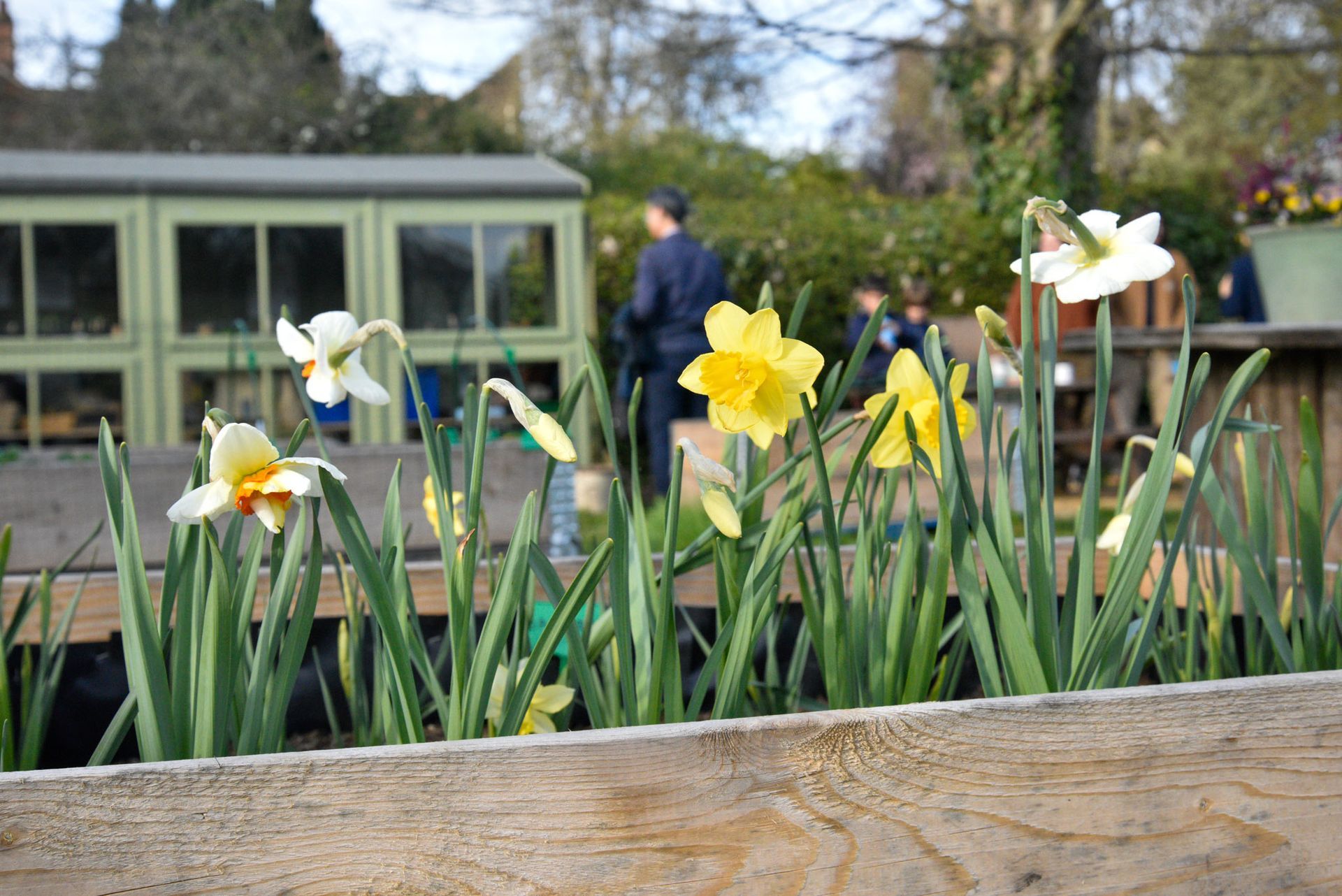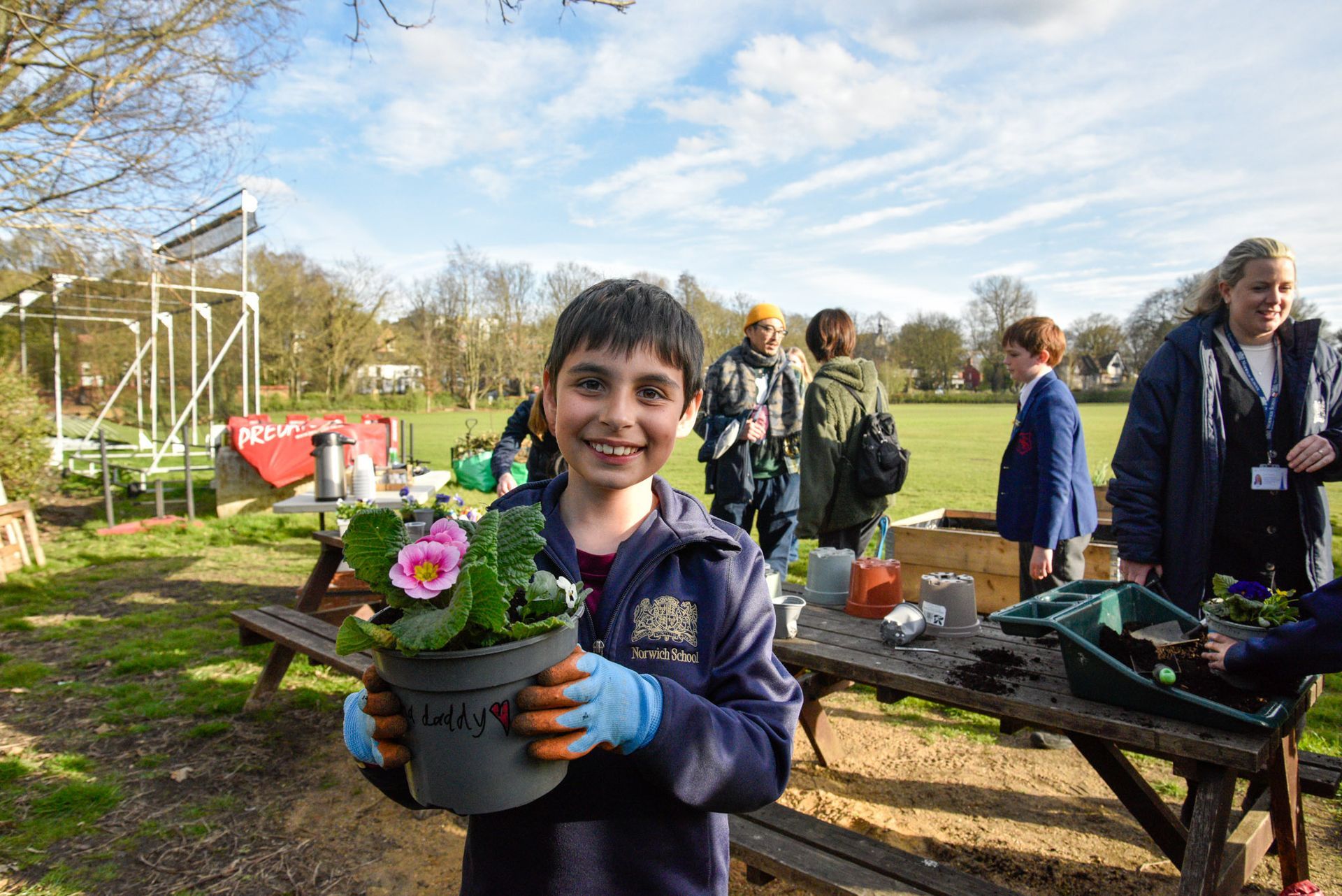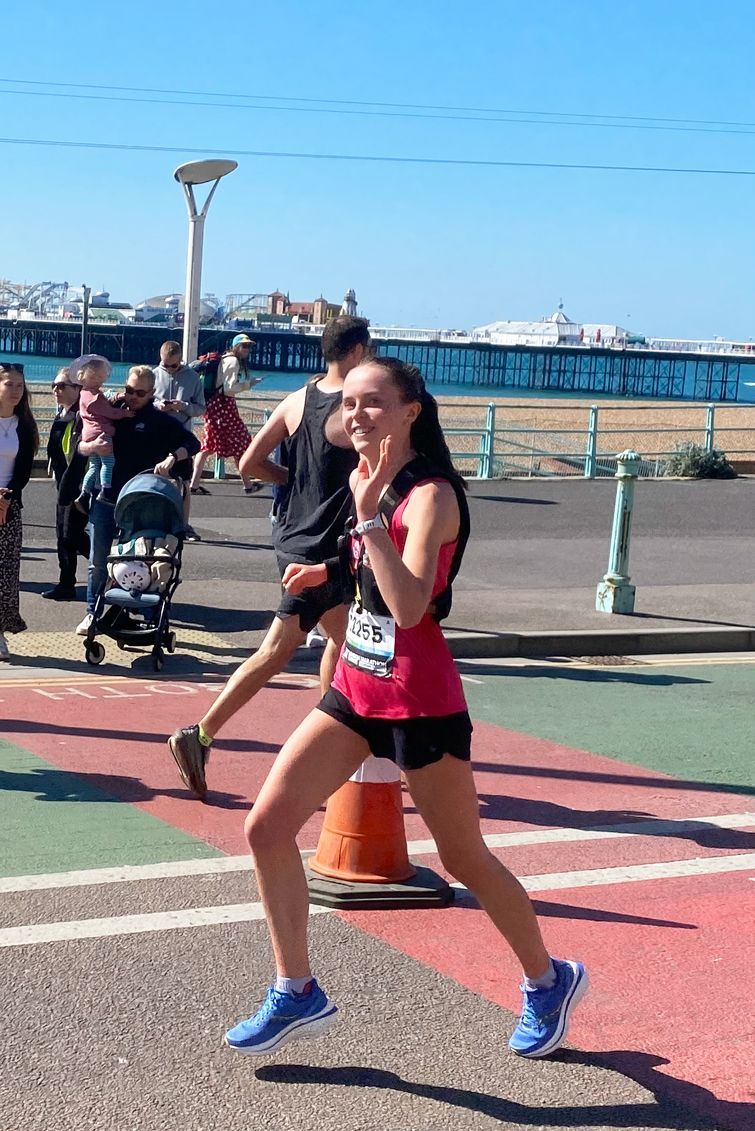By Eleanor Lewis
•
April 22, 2025
Welcome back to you all; I hope you have had a good break, including exploring various avenues for curiosity after I mentioned them in my address at the end of last term. The final period of the school year to come now is the easiest in terms of predictability in that we have exams in the first part of the Summer Term, followed by an expansion of co-curricular activity in the last few weeks. There is inevitably a raising of stakes that comes with accountability at the end of courses and the school year. As at the end of last term, I want to put this school journey in perspective, but in a very different way. The school and your families cannot shield you from the scrutiny of being measured in the upcoming assessment processes, whether internal or external; many love the chance to show off what they have learned, but others find it more challenging. I hope you agree that the adults in your lives, both at home and at school, are supportive in helping you to give of your best during this fixed period of time. Whichever group you are in, please remember that you will not be defined as a person by your results and there are much more important qualities in you than your examination certificates could ever show. Indeed, while exam scores are a clear measure of the progress you have made in your time in Cathedral Close, they are not even the most important thing I want Norwich School to have taught you. If I could only have one thing for you to show for being a Norvicensian, I should like it to be that you fully appreciate and live our values of love, compassion and inclusion. The death yesterday of the Pope, the head of the Catholic Church, made more poignant his final Easter Sunday message where he appealed for peace in the many conflict zones around the world. He encouraged nations to use their resources to de-escalate conflicts and break down barriers; he advocated “care for one another”, the very compassion which is one of our core values. This concept of community compassion, made more vivid and powerful by the news of recent days, is embodied in our bible reading today: “not giving up meeting together, as some are in the habit of doing, but encouraging one another”. It is also at the heart of our own Bishop’s Easter message to “build bridges and not barriers”, a thought which has been on my mind this holiday because I went to visit Auschwitz-Birkenau. It has been my intention to do so for a long time but various factors combined in recent months: · the 80th anniversary of the liberation of the camp on 27th January, with the upcoming VE anniversary on 8th May; · reading two excellent books: The Escape Artist by Jonathan Freedland about life in Auschwitz, and The Lemon Tree by Sandy Tolan which explores the complex context of the Middle East crisis; · and, finally, my feeling of responsibility as an educator in the face of growing anti-Semitism and Holocaust denial. It certainly shocked me to read that 1 in 20 people in the UK deny that the Holocaust happened, while 1 in 12 say that its scale was exaggerated. In the context of roughly 1000 people in the Cathedral now, that would equate to 50 denying and over 80 asserting exaggeration. In such a context, it felt important to bear personal witness at the site itself; partly to feel the raw shock of dismantled and discarded humanity in the piles of items such as human hair, children’s shoes, and victims’ suitcases on display in the museum; partly to see the frightening scale and efficiency of the operation at Birkenau, complete with the horrific detail of mendacious reassurances to achieve compliance from the new arrivals; partly to see the painstakingly curated written and material records which have contributed to providing the headline figure of 6 million Jews murdered during the Holocaust, as well as millions from other minoritised communities. To take again our congregation of 1000 today, we would need 6000 such congregrations to reach the Holocaust figure. Not 6, 60 or 600 but 6000 times our number today? These are numbers so large that they take active effort to absorb. So why do I tell you now about my trip and how does it link with the start of this address? Primo Levi, a Holocaust survivor and writer, said of the Holocaust “It happened, therefore it can happen again; this is the core of what we have to say. It can happen, and it can happen anywhere”. This quote speaks to the collective responsibility we all face to stand in the way of division and the hostility which puts people apart, to stand instead for compassion and kindness towards others. It is perhaps best expressed by another Holocaust survivor, Marian Turski, who finished Simon Schama’s excellent recent documentary, The Road to Auschwitz, with the following: “Auschwitz did not fall from the sky. It comes step by step. Evil comes step by step. And, therefore, you should not be indifferent. Let’s start by reducing hatred, and trying to understand other people…the most important thing is compassion. Its absence dehumanises”. In this context, love and inclusion are excellent words to add to compassion. And did you notice what is meant in “you should not be indifferent”? It is the notion of upstander rather than bystander that Mrs Fairweather has been teaching us about. I am proud as I reflect on our school’s values and culture that they answer so effectively the call to witness and action that I personally have felt in the aftermath of my visit to Auschwitz-Birkenau. We have to aspire to be a force for good in the world, both individually and collectively; that means not looking away from injustice and harm, but taking it in so that we can challenge its reoccurrence, even when its scale is so daunting. When you come out of West Doors at the end of the Summer Term and school year, of course I want you to have good results and to have got the benefit of all the co-curricular activities available here, but most of all I want you to have a deep intimacy with and respect for the principles of love, inclusion and compassion, but also to know how to implement them in your routine habits, practised over and over again each and every day. Being kind to those you come across inside and outside school is not a nice add-on; it is the very essence of what we teach here. Have a great term!
